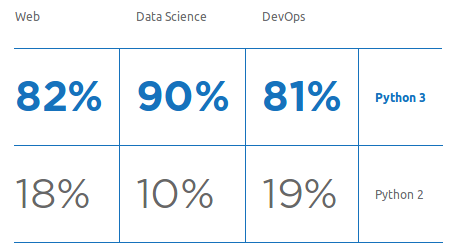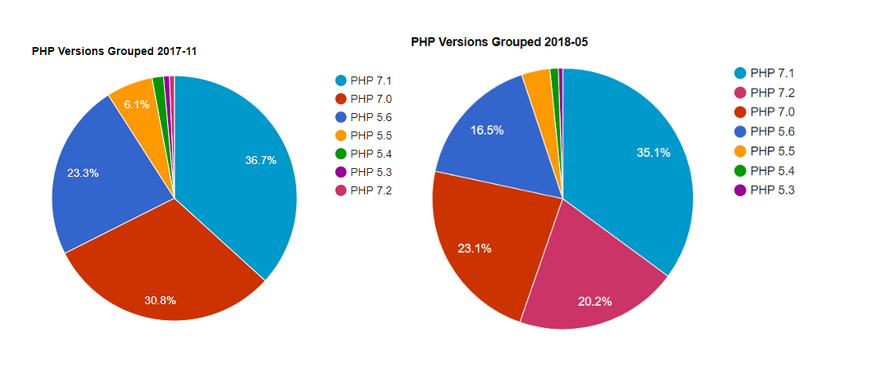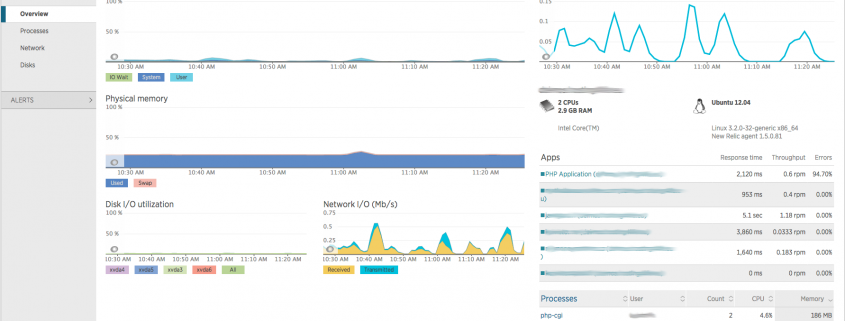Amazon Linux 1 goes EOL 30 June 2023
Updated 13 January 2023
Amazon Linux 1 (Amazon Linux AMI) extended maintenance support period ends on June 30, 2023. After this date Amazon Linux 1 will no longer be supported.
Following customer feedback back in 2020, Amazon extended the end-of-life date of its Amazon Linux 1 and announced a maintenance support period – This Period is coming to an end.
This post has been updated with the latest information
On the 30th June 2023, Amazon Linux 1 goes End of Life (EOL). Amazon has also released Amazon Linux 2022. You have the option to upgrade to Amazon Linux 2 or Amazon Linux 2022.
Technology and security evolves. New bugs are fixed and new threats prevented, so in order to maintain a secure infrastructure it is important to keep all software and systems up to date. Once an operating system reaches end of life, it no longer receives updates, so will end up left with known security holes. Old operating systems don’t support the latest technologies, which new releases of software depend on, this can lead to compatibility issues.
Leaving old Amazon Linux 1 systems past June 2023 leaves you at risk to:
- Security vulnerabilities of the system in question
- Making your network more vulnerable as a whole
- Software incompatibility
- Compliance issues (PCI)
- Poor performance and reliability
Amazon Linux 2022 includes many of the same packages that were present in Amazon Linux 2. Some of these package versions were updated for Amazon Linux 2022.
Changes:
MariaDB -> 10.5.16
Python -> 3.9
You can upgrade to either version of Amazon Linux – points to note are
Amazon Linux 2
- 3 years of support – End of Life: 30 Jun 2025.
- CentOS based
Amazon Linux 2022
- Fedora Based.
- 5 years of support
- Uses DNF instead of YUM for updates
Not sure where to start? Contact us to help with your migration.







 Upgrade from PHP 7.1 before the 1st December 2019.
Upgrade from PHP 7.1 before the 1st December 2019.
